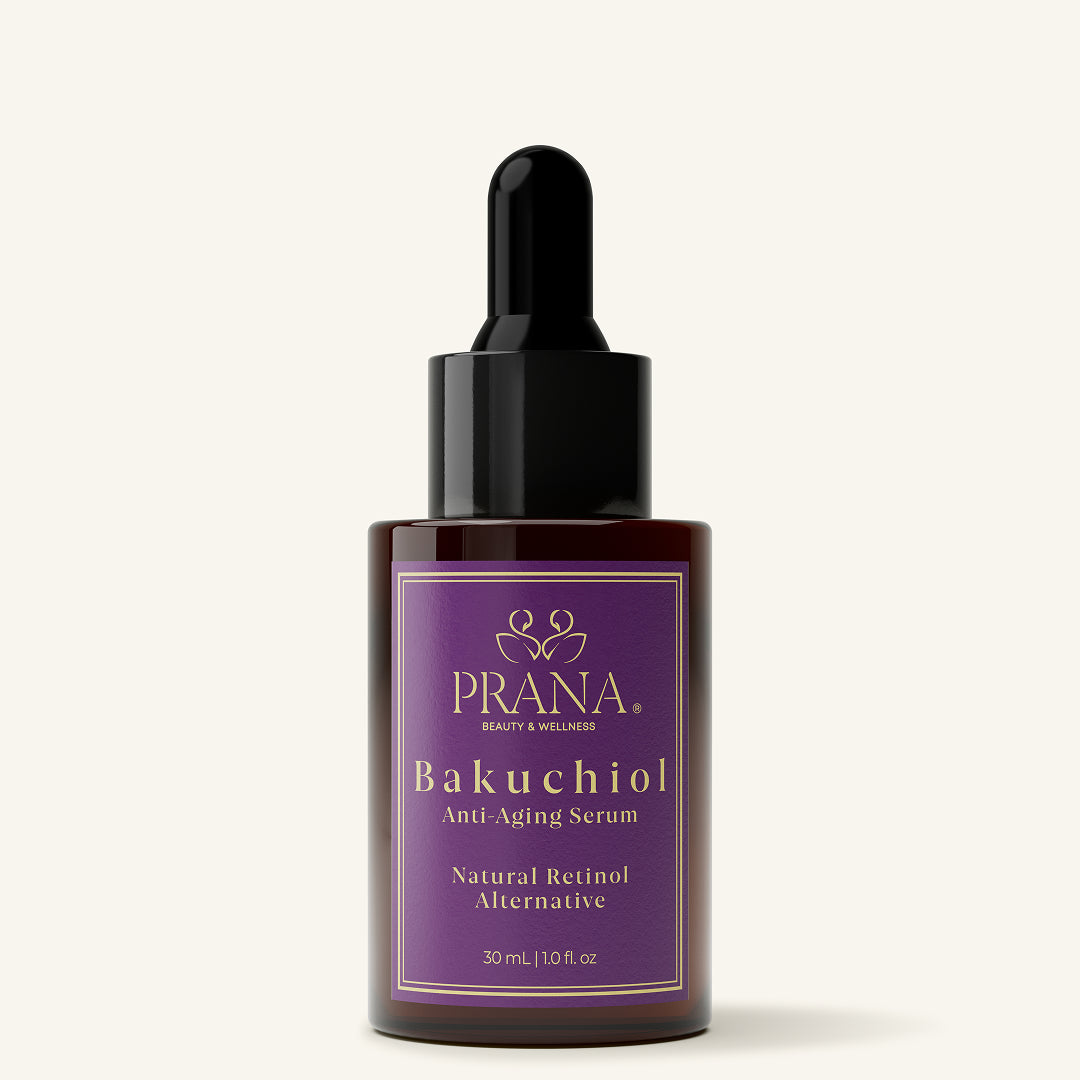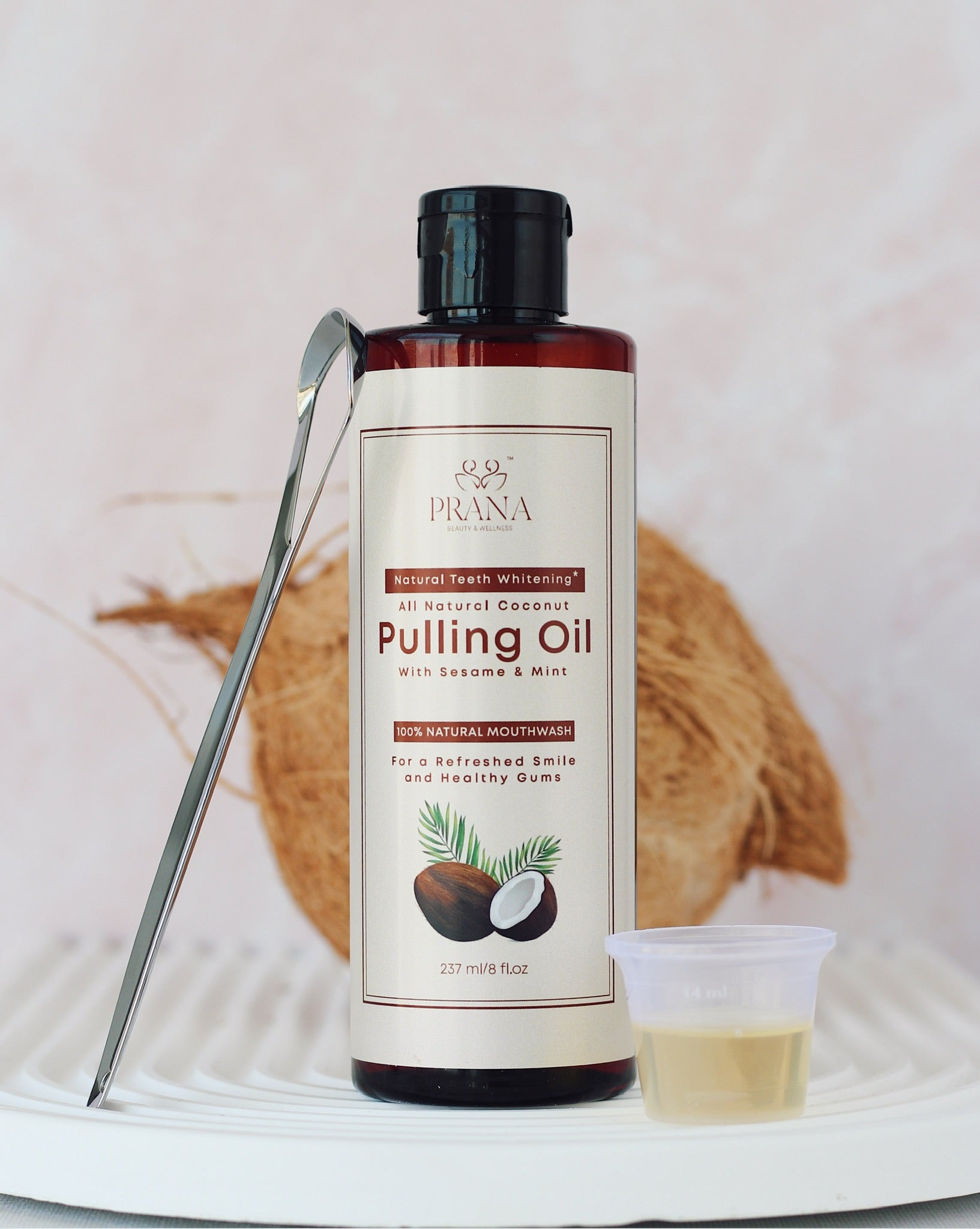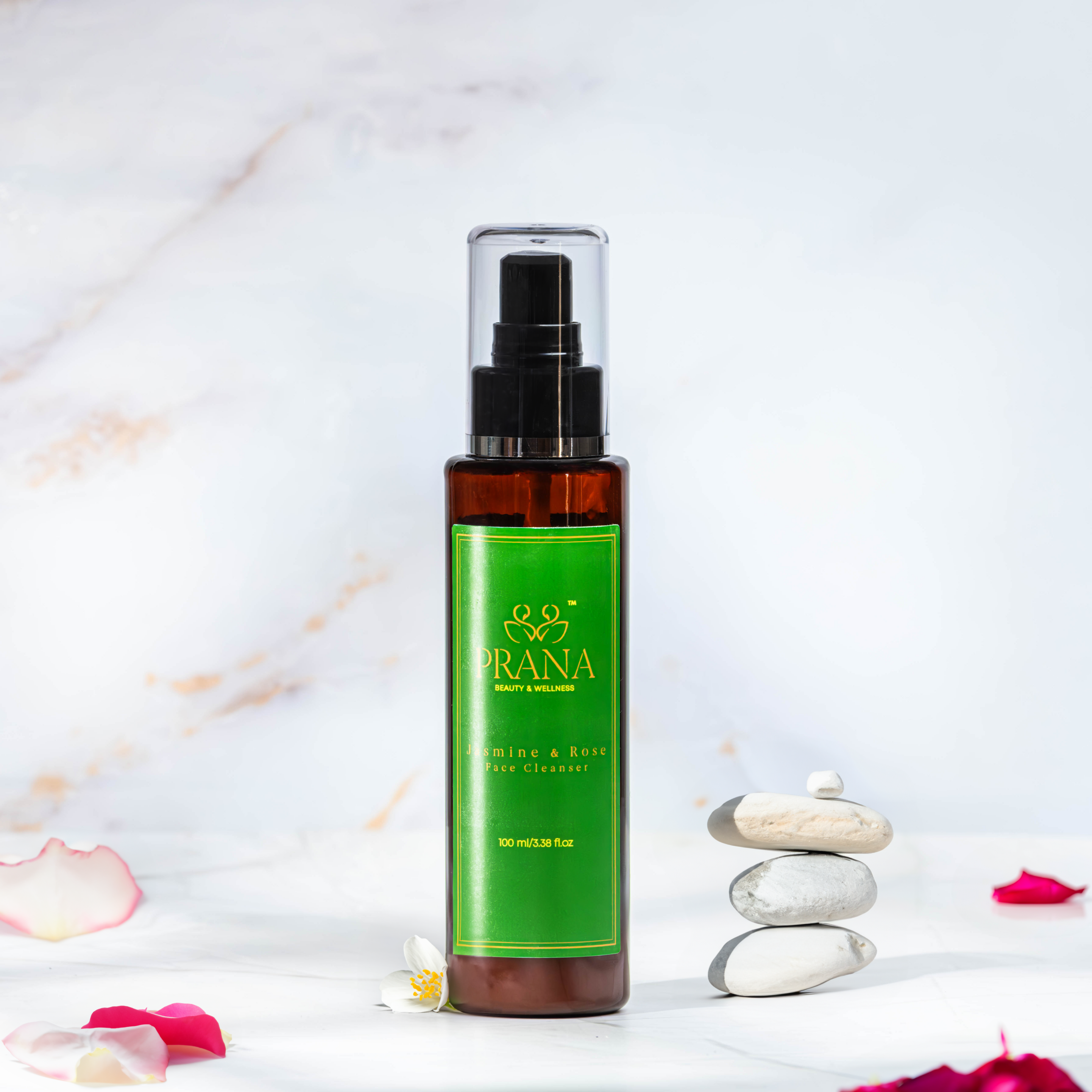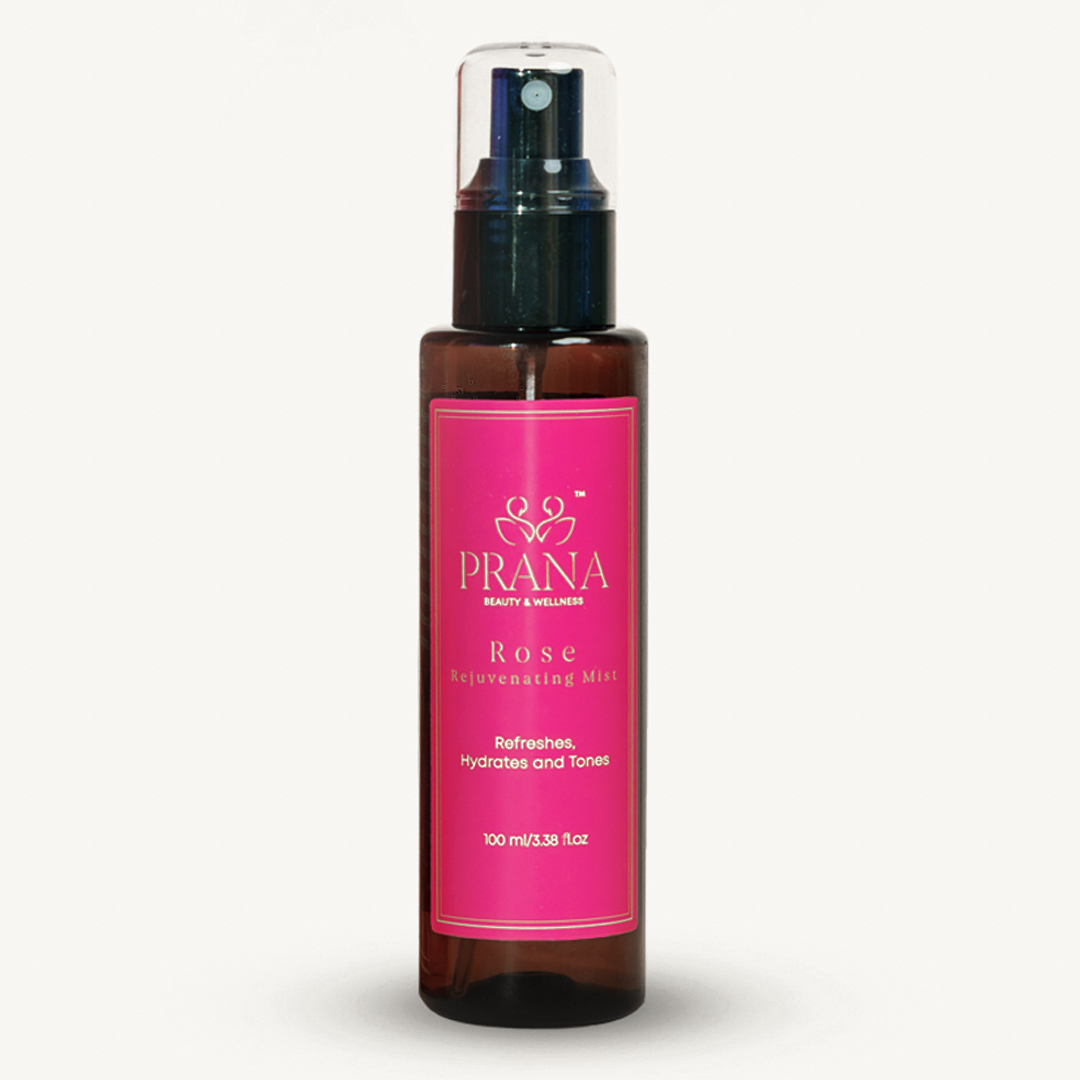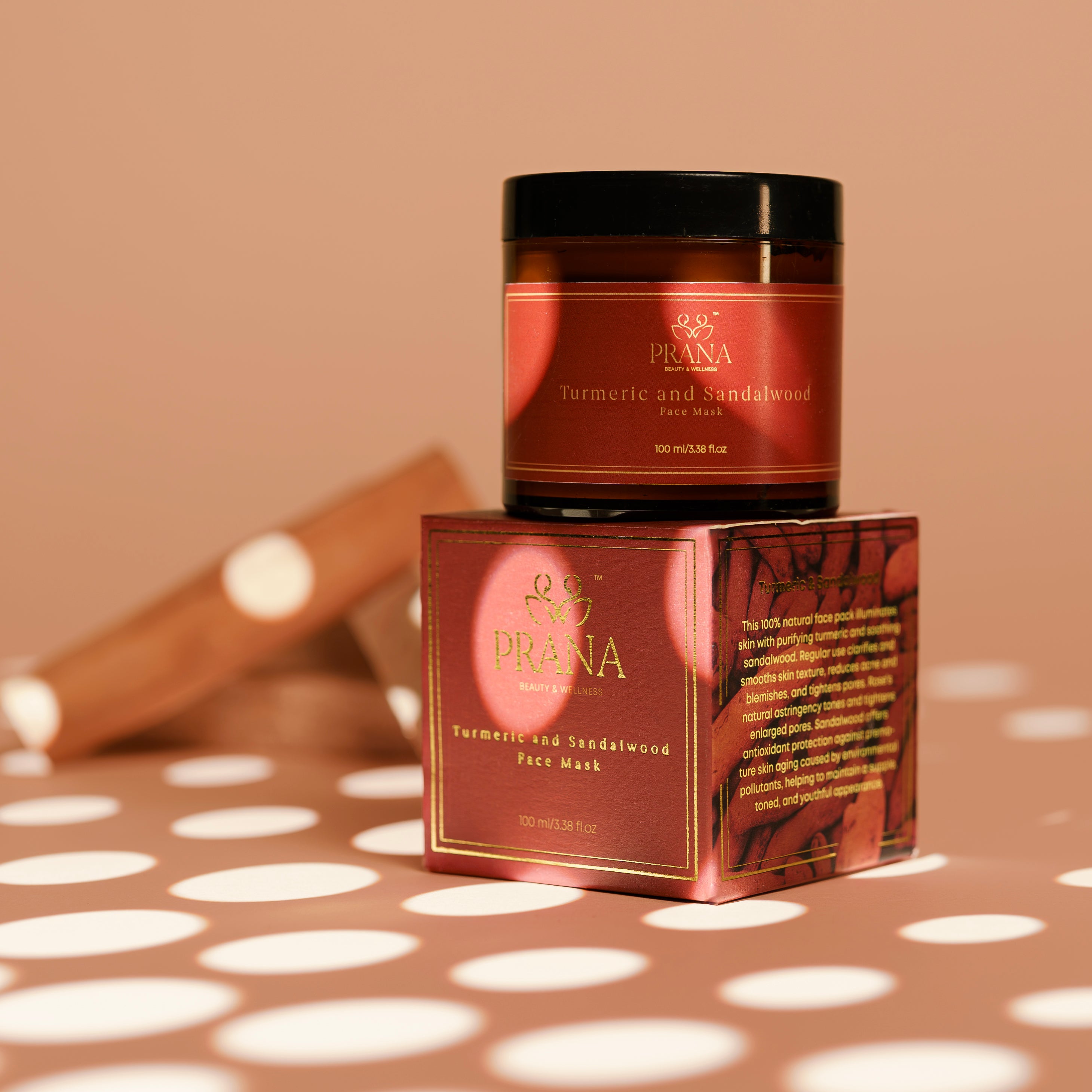Can you wear bakuchiol in the sun?

Bakuchiol & Sun Exposure: What You Should Know
Did you know a study found bakuchiol can be as effective as retinol without increasing sun sensitivity? Many people wonder, “Can you wear bakuchiol in the sun?” They seek a gentler option for their daytime skincare.
Bakuchiol stays stable in sunlight and doesn't harm the outer skin layer. This makes it a good choice for those sensitive to harsh ingredients. Yet, it's important to remember to always use sunscreen. Keeping your skin healthy means protecting it with layers of protection and nourishment.

Key Takeaways
- Bakuchiol fights signs of aging without making skin more prone to sun damage.
- A study found it matched retinol’s effectiveness but was gentler on skin.
- Daily sunscreen is always necessary for skin protection.
- “Can you wear bakuchiol in the sun?” Yes, as part of a well-rounded routine.
- Pairing bakuchiol with SPF can help keep your skin looking young.
Understanding Bakuchiol and Its Benefits
Skincare fans love bakuchiol because it's gentle. It fights signs of aging and works well with day routines. New products show it keeps skin balanced without making it sensitive.

What is Bakuchiol?
Bakuchiol comes from the plant Psoralea corylifolia. It makes skin look brighter and smoother. Its antioxidants shield skin from damage, keeping it looking fresh.
Key Benefits of Bakuchiol for Skin
Studies show it has many benefits:
- Helps with photoaging, as seen in a 2014 study
- Doesn't make skin more sensitive during the day
- Boosts collagen for a tighter look
How Bakuchiol Compares to Retinol
Bakuchiol and retinol both fight wrinkles. But bakuchiol stays stable in sunlight. It causes fewer side effects like dryness. This makes bakuchiol a favorite for those who want a gentle alternative to retinol.
The Science Behind Bakuchiol
Bakuchiol is known for its targeted approach to skin health. It comes from the Babchi plant and can be used day or night. A 2018 study in the British Journal of Dermatology showed it's as good as retinol in reducing wrinkles but causes less irritation.

Bakuchiol boosts collagen and elastin, making skin smoother. It keeps skin firm without the dryness that vitamin A derivatives can cause.
Mechanism of Action
Bakuchiol helps cells renew and boosts collagen. This makes skin look finer. It works differently from retinol, so it's less likely to cause discomfort.
Antioxidant Properties
It has antioxidant properties that fight free radicals. This helps protect the skin from environmental damage that can cause early aging.
Anti-Inflammatory Effects
Bakuchiol also has soothing effects. It reduces redness and mild irritation. This makes it great for sensitive skin, proving it's safe for daily use.
Can Bakuchiol Be Used During the Day?
Many people love using bakuchiol in the morning. It's gentle and works well under the sun. It helps keep your skin smooth and hydrated.
Safety of Daytime Use
Bakuchiol is safe for your skin and doesn't make it sensitive to the sun. It's good for all skin types. Dermatologists say it's okay to use it during the day.
Users find it helps reduce fine lines without drying out their skin. This makes it a popular choice.
Recommended Application Time
Begin with a cleanser, then apply bakuchiol. Follow with moisturizer and sunscreen. This order helps your skin absorb it well and protects against UV rays.
Remember, always use a broad-spectrum SPF. It's key for a good daytime skincare routine. Layering bakuchiol properly ensures you get its benefits all day.
Does Bakuchiol Increase Sun Sensitivity?
Many wonder if bakuchiol triggers sun-related issues. This gentle botanical alternative remains stable under sunlight and does not amplify UV impact. Some professionals note it helps reduce photoaging by inhibiting collagen breakdown.
Skin protection in the sun with bakuchiol is a frequent topic in modern skincare. This compound does not cause stinging or scaling and does not increase sun sensitivity. A broad-spectrum sunscreen remains essential for long-term skin wellness.
Comparing Sensitivity with Retinol
Retinol often irritates sensitive areas and may raise sun sensitivity. Bakuchiol stands out because it does not intensify UV damage. Many appreciate its soothing profile and find it a kinder option for daily routines.
Studies on Sun Sensitivity with Bakuchiol
Researchers highlight that bakuchiol is photostable, which makes it suitable for daytime use. Clinical findings indicate it does not heighten sun reactivity. Some consumers incorporate it into morning regimens as part of skin protection in the sun with bakuchiol, combining it with sunscreen for balanced care.
Recommended Practices for Using Bakuchiol in the Sun
Bakuchiol is known for its gentle skin renewal. It stays stable in sunlight and keeps its antioxidant power all day. Experts recommend using it with sun protection to protect against UV rays. Those who use bakuchiol during daytime see smoother skin with consistent protection.
Layering with Sunscreen
Dermatologists suggest a simple routine: cleanse, tone, apply bakuchiol, then moisturizer and sunscreen. Use a product with SPF 30 or higher to block UVA and UVB rays. Remember to reapply every two hours, more often in the sun.
Combo Products: Bakuchiol and SPF
Some brands offer products that mix bakuchiol and sunscreen. This combo fights aging signs and protects against sun damage. It simplifies your morning routine and keeps your skin balanced all day.
Application Frequency
Using it daily offers clear benefits, whether once or twice a day. Applying it in the morning with sunscreen helps maintain a smooth tone. Consistency is key to enjoying its benefits and protecting sun-exposed skin.
The Role of Sunscreen When Using Bakuchiol
When you add bakuchiol to your skincare routine, remember to protect your skin from the sun. Sunlight can damage even the strongest skin. So, it's important to keep your face and body safe.
Importance of Broad-Spectrum Protection
*Broad-spectrum coverage* protects against UVA and UVB rays. Dermatologists say UV rays can make skin age faster. Without protection, sun exposure can cause skin to darken.
Even though bakuchiol is gentle, using a strong sunscreen helps. It keeps your skin healthy and reduces risks.
Choosing the Right Sunscreen
Some like mineral sunscreens with zinc oxide, while others prefer chemical ones. Brands like Neutrogena and La Roche-Posay have good options. The key is to find one that suits your skin, preferences, and lifestyle.
How to Apply Sunscreen Effectively
Use a quarter-sized amount for your face, ears, and neck. Make sure to spread it evenly. If you're outside for a long time, reapply sunscreen.
This way, your skin stays protected when you use bakuchiol in the morning. It keeps you safe from harmful rays all day.
User Experiences and Testimonials
Many people love the smoother skin and fewer wrinkles they get from using bakuchiol. It's good for aging skin and is gentle on sensitive areas. It helps grow collagen and reduce dark spots, making it great for long-term skin care.
Positive Results from Sun Exposure
Those who use bakuchiol with sunscreen love its day-time benefits. Neutrogena and La Roche-Posay sunscreens are favorites. They say their skin glows and scars from breakouts are less noticeable.
“The smoothness and clarity my skin is radiating is nothing short of amazing,” said Jenna.
Marcus said his acne scars are disappearing, thanks to regular use.
Cautions and Recommendations from Users
Those with sensitive skin should use bakuchiol carefully, but most find it safe for day and night. It's also safe during pregnancy, making it even more popular. Using it every day, with sunscreen, keeps skin looking its best.
Common Misconceptions About Bakuchiol
Many people think bakuchiol loses its power when exposed to sunlight, like retinol. But that's not true. It stays effective and doesn't need to be used only at night.
Myth: It Should Not Be Used In The Sun
Some believe bakuchiol is not safe for daytime use. But studies show it's safe for both day and night. Using it during the day helps avoid sunburn and keeps benefits consistent.
Clarifying Usage Guidelines
Some think bakuchiol is a substitute for sunscreen. Dermatologists say it should be used with a broad-spectrum sunscreen. Its antioxidants help protect the skin, but it doesn't replace UV filters.
Debunking Other Myths
Another myth is that bakuchiol is the same as babchi oil. The process to make bakuchiol removes harmful parts of babchi. This makes it safe for day use. It's not a replacement for sunscreen, as experts say sunscreen is essential.
Optimal Skincare Routine Incorporating Bakuchiol
Creating a balanced skincare plan is essential for lasting results. It's best to use bakuchiol in both morning and evening routines. Remember to include sun care in your daily skincare.
Bakuchiol is gentle, making it suitable for various lifestyles.
Morning vs. Night Routine
Some people use bakuchiol in the morning with a light moisturizer. Even though it's gentle, don't forget sun care. At night, bakuchiol works with your skin's repair cycle, making it a favorite among dermatologists.
Combining Bakuchiol with Other Ingredients
Bakuchiol pairs well with vitamin C or niacinamide for brightening and soothing. But, start with a patch test if you're using it with retinol. A layered approach can tackle several skin issues at once.
Skin Type Considerations
Bakuchiol is good for dry, oily, or acne-prone skin because it's calming. It's also gentle on sensitive skin. If you experience redness, adjust your routine. For personalized advice, talk to a skincare expert.
Conclusion: Should You Use Bakuchiol in the Sun?
Bakuchiol is a gentle compound that could be a natural alternative to retinol. It works well when used with a broad-spectrum SPF during the day. Studies show it can help reduce fine lines and wrinkles without drying out the skin.
Summary of Key Points
Research shows that bakuchiol protects against free radicals, including UV rays. It's good for most skin types and doesn't make skin more sensitive to the sun. People see results in both morning and evening routines, as long as they use sunscreen.
Final Recommendations for Safe Use
Experts recommend using an SPF of 30 or higher. Then, apply your bakuchiol product right after cleansing. This keeps your skin safe from the sun while enjoying its anti-aging benefits.
Using it with a balanced skincare routine helps prevent dryness and keeps your skin glowing. A study in the British Journal of Dermatology found bakuchiol works as well as retinol but is less irritating. This makes it a great option for those with sensitive skin.
FAQ
Can you wear bakuchiol in the sun?
Yes, bakuchiol is stable in sunlight, unlike retinol. It doesn't increase photosensitivity as much. But, always use sunscreen with bakuchiol outdoors to protect your skin from UV damage.
How does bakuchiol compare to retinol regarding sun sensitivity?
Bakuchiol and sunlight are safer than retinol and sunlight. Retinol can make your skin more sensitive to the sun. Bakuchiol doesn't do this. Yet, always use sunscreen with bakuchiol to keep your skin safe.
Do I need sunscreen while using bakuchiol during daytime?
Yes, you do. Bakuchiol might not make your skin more sensitive to the sun. But, using a broad-spectrum sunscreen with SPF 30 or higher is key. It prevents UV damage and keeps bakuchiol working well.
Does bakuchiol provide its own UV protection?
No, bakuchiol doesn't replace sunscreen. It has antioxidants that help protect your skin. But, always use sunscreen with SPF for full protection.
What is the best approach to layering bakuchiol with sunscreen?
Apply bakuchiol after cleansing and toning. Then, use a moisturizer and finish with sunscreen. This way, bakuchiol absorbs well and your skin gets UV protection.
Can I use bakuchiol in a sun care routine?
Yes, you can. Start with gentle cleansing, then apply bakuchiol. Follow with moisturizer and end with sunscreen. Some products even have bakuchiol and SPF together, making your routine simpler.
Does bakuchiol cause dryness or flaking if worn during the day?
Usually, no. Bakuchiol is gentler than retinol and doesn't often cause dryness or flaking. If you do get sensitive, try using it less often and with a soothing moisturizer.
Is bakuchiol safe for sensitive skin when used under direct sunlight?
Yes, bakuchiol is often safe for sensitive skin, even in sunlight. Always patch test first and use sunscreen. This way, you can enjoy its benefits without worrying about irritation.


